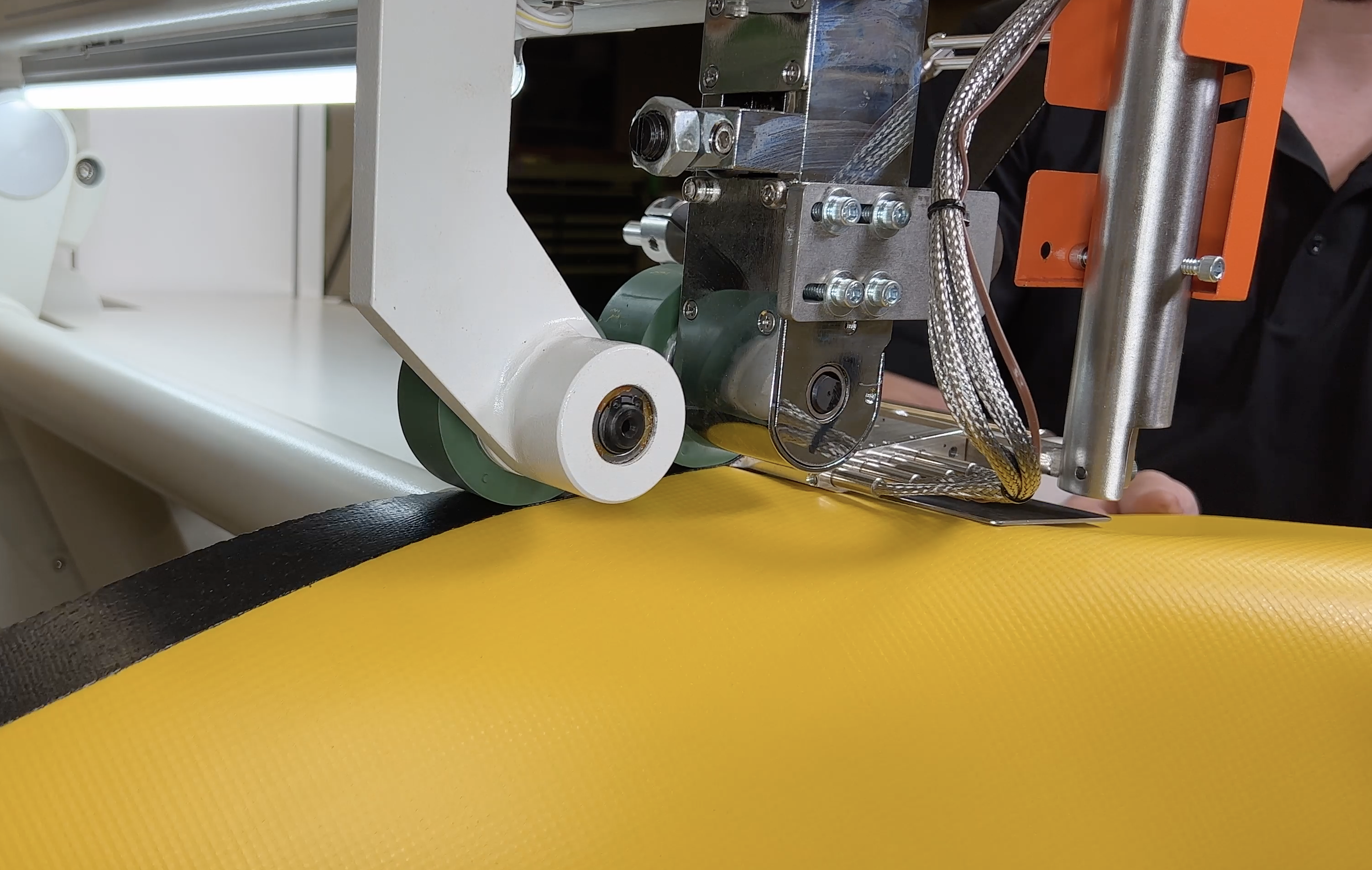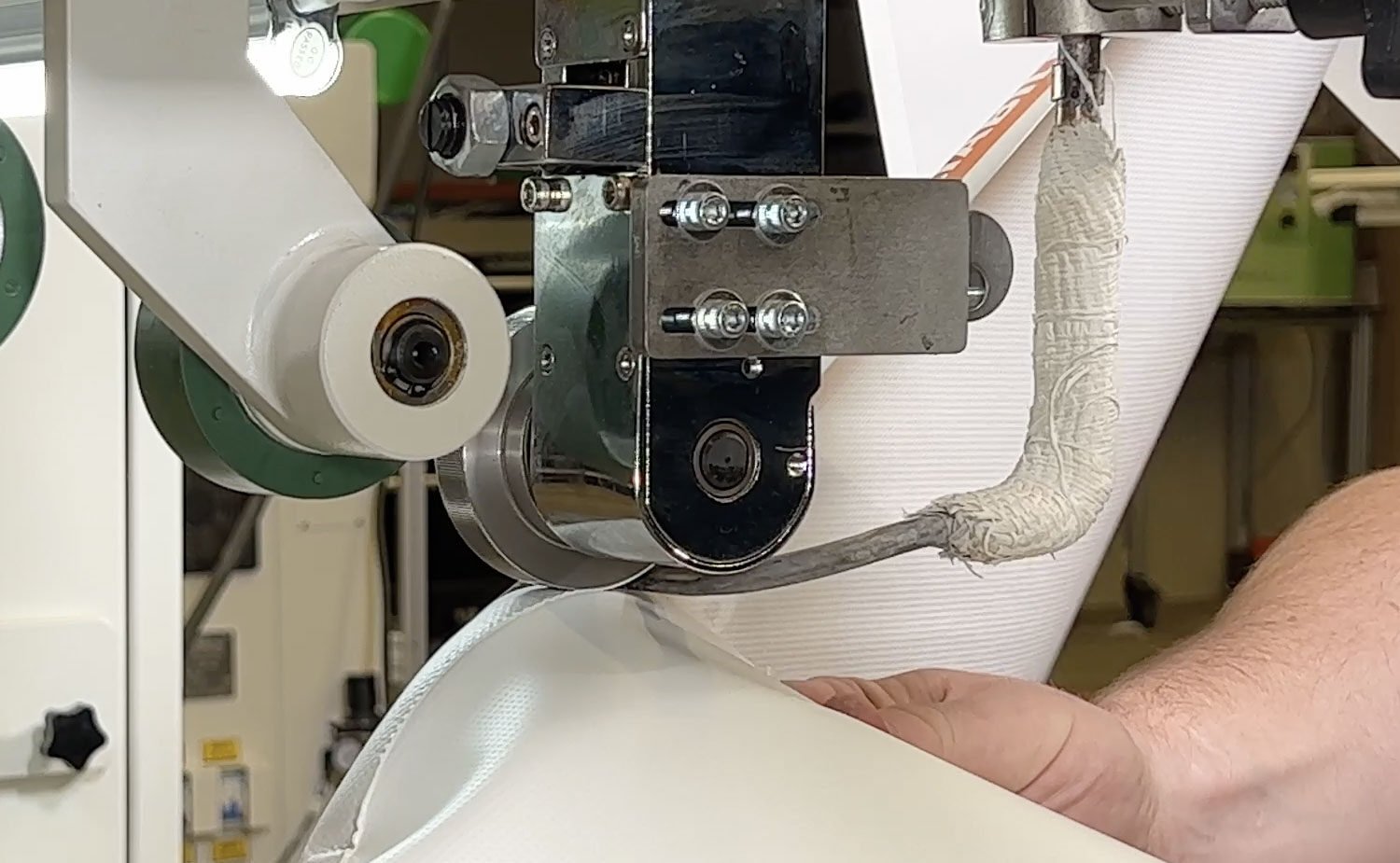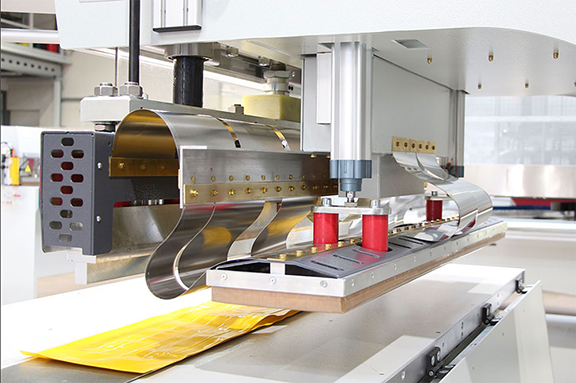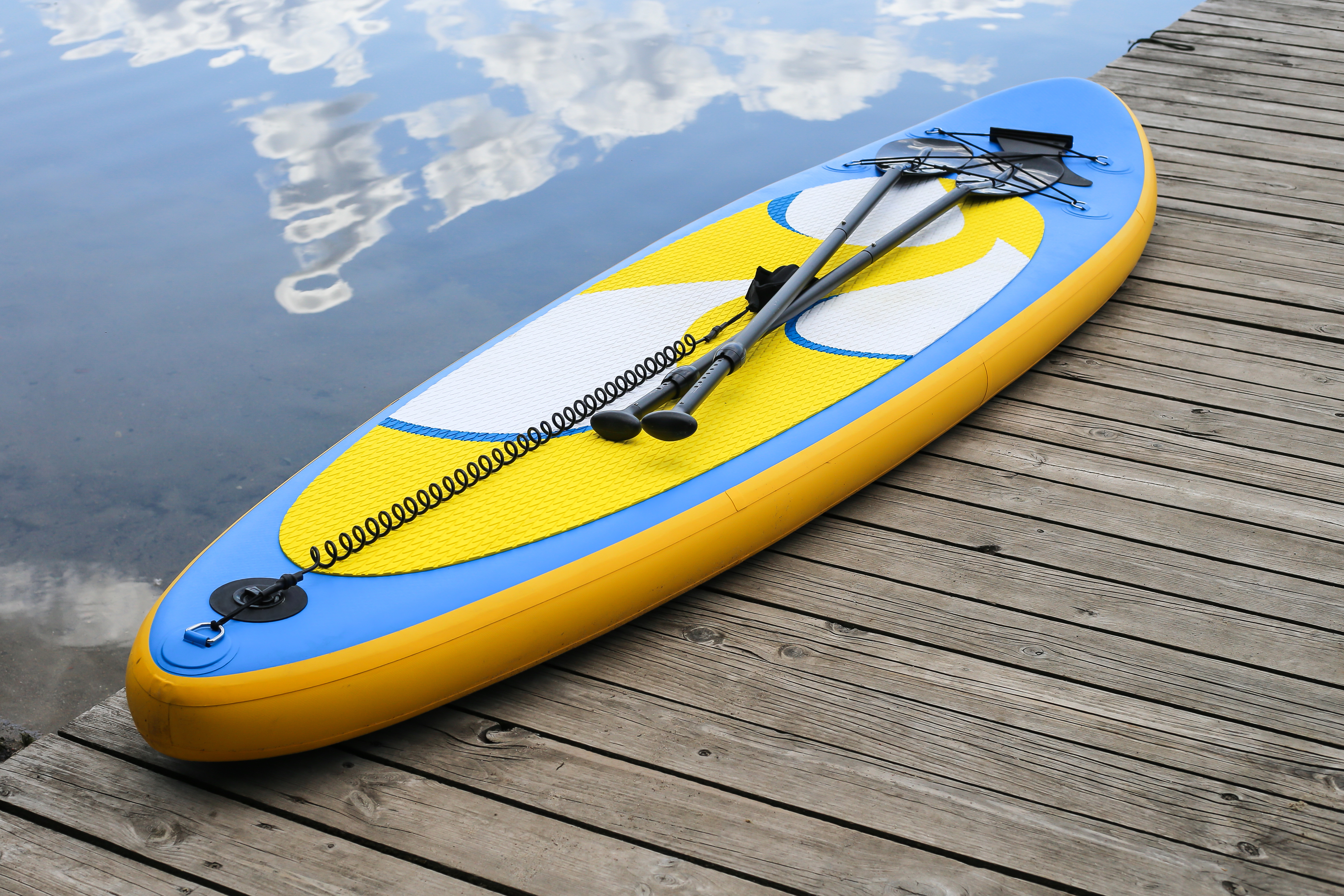PVC welding is a critical process in industries ranging from manufacturing to construction. Selecting the right PVC welding equipment ensures quality results, improved productivity, and cost savings. With the array of options available, choosing the right tools can be daunting. This guide will help simplify the decision-making process by exploring various types of PVC welding machines, their features, and their ideal use cases.
To learn more about the fundamentals of PVC welding, visit this page.
Different Types of PVC Welding Equipment
PVC welding equipment varies significantly in terms of functionality and applications. Understanding the types of machines available is the first step toward making an informed decision.
Hot Air Welding Machines
Hot air welding uses a stream of hot air to melt PVC material at the seam, allowing it to bond when pressure is applied. This method is ideal for creating durable seams in flexible materials.
Applications:
-
Tarps
-
Banners
-
Industrial fabrics
Pros:
-
Easy to use
-
Versatile for various materials
Cons:
-
Limited precision for detailed projects
-
Can be slower compared to other methods
High-Frequency Welding Machines
High-frequency welding involves using electromagnetic waves to heat and bond PVC materials. This process is highly precise and efficient.
Applications:
-
Inflatables
-
Medical devices
-
Automotive components
Advantages:
-
Clean and durable seams
-
Compatible with a wide range of PVC materials
Challenges:
-
Higher initial investment
-
Requires technical expertise
Hot Wedge Welding Machines
Hot wedge welding operates using a heated wedge inserted between two layers of PVC, creating a seam under controlled pressure.
Applications:
-
Industrial roofing
-
Geomembranes
-
Tents and awnings
Benefits:
-
High durability
-
Ideal for thick and rigid materials
Considerations:
-
Requires operator training
-
Best suited for specific use cases
Features to Look for When Selecting PVC Welding Equipment
When evaluating PVC welding machines, focus on the features that match your project requirements. Data logging capabilities are crucial as they contribute to quality control and operational efficiency through precise monitoring and error detection in plastic pipe welding. Key factors include automation, material compatibility, and customization options.
Automation and Efficiency
Automated PVC welding solutions streamline production by reducing errors and increasing speed. These features are especially valuable for large-scale operations.
Key Benefits:
-
Enhanced precision
-
Reduced labor costs
Material Compatibility
Choosing equipment that aligns with the type and thickness of your PVC material is critical. Ensuring structural integrity is essential, as the right equipment helps maintain the durability and resilience of the piping system. Mismatched equipment can lead to poor-quality seams or material damage.
Tips:
-
Test sample materials before purchase.
-
Consult with manufacturers for compatibility details.
Customization and Scalability
Choosing equipment that aligns with the type and thickness of your PVC material is critical. Ensuring structural integrity is essential, as the right equipment helps maintain the durability and resilience of the piping system. Mismatched equipment can lead to poor-quality seams or material damage.
Examples:
-
Adjustable settings for seam width and temperature
-
Modular designs for adding new features
Matching PVC Welding Equipment to Your Project Requirements
Selecting the right machine involves evaluating your specific needs and the essential plastic welding tools required for the job. Consider factors like seam length, production volume, and product design.
Questions to Ask Before Making a Purchase
-
What is the expected production volume?
-
Are there industry-specific standards to meet?
-
Does the equipment fit within current workflows?
- Are there plastic welding kits available for specific projects?
By addressing these questions, you can narrow down the options and make a confident choice.
Common Mistakes to Avoid When Selecting PVC Welding Equipment
Avoiding pitfalls can save time and money. Common mistakes include:
-
Underestimating Production Needs: Investing in machines with limited capacity can hinder growth.
-
Prioritizing Cost Over Quality: Lower-priced equipment may lack essential features.
-
Neglecting Training: Proper operator training is essential for maximizing efficiency.
- Ignoring the Welding Process: Understanding the appropriate welding process for different materials is crucial. The choice of welding process can significantly impact the structural integrity of piping systems and the effectiveness of the equipment used.
Why Miller Weldmaster Stands Out in PVC Welding Solutions
Miller Weldmaster is a trusted name in PVC welding tools and equipment. Their commitment to innovation and quality ensures customers receive reliable and advanced solutions.
Educational Resources and Support
Miller Weldmaster provides comprehensive training and support, helping businesses get the most out of their investment. Understanding and training in different welding methods is crucial for achieving quality results with various plastic materials.
Custom Solutions for Unique Projects
Plastic welding machines cater to specific needs, ensuring optimal performance and seamless integration into production lines.
Frequently Asked Questions About PVC Welding Equipment
What are the most important features to look for in a PVC welding machine?
Key features include automation, material compatibility, and scalability.
How do I know which type of PVC welding equipment is best for my project?
Evaluate your production needs, material type, and desired output quality.
What are the differences between hot air, hot wedge, and high-frequency welding?
- Hot air: Ideal for flexible materials, a plastic welding machine using hot air is perfect for applications like awning and tent production.
- Hot wedge: Suitable for rigid materials, this type of plastic welding machine ensures strong and durable bonds.
- High-frequency: Offers precision for detailed projects, making it an excellent choice for intricate plastic welding tasks.
Can PVC welding machines be used for other materials?
Yes, some machines are compatible with additional materials like polyurethane or thermoplastics.
How can I ensure the equipment I select is compatible with my production workflow?
Consult manufacturers and test the machine with your materials.
Are there safety considerations when operating PVC welding machines?
Yes, ensure operators follow safety protocols to avoid burns or electrical hazards.
How often should PVC welding machines be maintained or serviced?
Regular maintenance is recommended to ensure longevity and performance.
What are the common applications for PVC welding in different industries?
Applications include banners, tarps, medical devices, and automotive components.
How do automated PVC welding solutions benefit production lines?
Automation reduces errors, speeds up production, and improves overall efficiency.
Does Miller Weldmaster offer training for new users of their equipment?
Yes, training and support are integral parts of Miller Weldmaster’s services.




